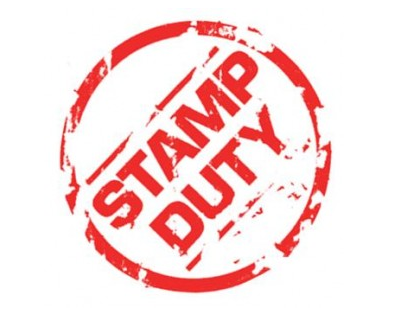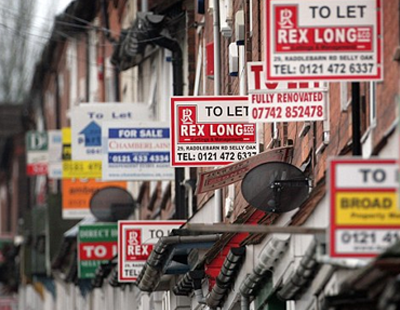Business consultancy Hargreaves Lansdown has identified three major risks associated with the current market, characterised by falling house prices and larger mortgages.
In headline terms these three are the threat of negative equity for those with small deposits; problems for those with big mortgages, for whom a remortgage gets more difficult and expensive; and the threat to financial resilience in retirement posed by falling house prices.
Sarah Coles, head of personal finance at Hargreaves Lansdown, says: “Falling house prices strike fear into the heart of any homeowner. This isn’t just the worry of being less well off on paper. For those who have relatively little equity in their home, or a large mortgage, there are real implications both in the short-term, and in retirement too.
“Falling prices raise the risk of negative equity – where the value of your home drops below the outstanding mortgage. The smaller the equity you have in your home, the bigger the risk. It means the danger will be magnified if the idea of 99 per cent government-backed mortgages goes ahead.
“The scheme has been floated ahead of the [March 6] Budget, and while details are thin on the ground, it would mean buyers need to find one per cent of the property price, and then the government would guarantee a chunk of the borrowing, to reduce the risk to lenders. So far, it’s just one of many things being discussed, but reducing the amount of equity people have in their home is a risky strategy at a time of falling prices.
“For those who don’t need to remortgage or sell up while their house price is under water, negative equity isn’t necessarily the end of the world. However, for those who are forced into selling because of affordability issues or life changes like divorce, it suddenly becomes a major issue.”
Coles says lower house prices also cause problems if you have a looming remortgage. Falling prices would cut your equity stake, and the less equity you have, the higher the mortgage rate you’ll usually pay. This is a particular headache for those with bigger mortgages.
And she adds that remortgagers are already wrestling with the fact that mortgage rates are so much higher than back when they fixed.
“Most will have fixed for two per cent or less, and at the moment, the average two-year rate is around 5.5 per cent and the average five-year fix around 5.2 per cent, according to Moneyfacts. These rates are likely to fall further this year, but a remortgage will still dramatically increase monthly payments.
“This will take a significant toll, especially on Generation X, who are already paying an average of £863 a month.
“When you combine this with other rising prices, by the end of this year, one in four people with mortgages will be at risk of running into mortgage difficulties, because their repayments make up more than a quarter of their disposable income.
“At that stage, 340,000 households will be at ‘high risk’ because in addition to hefty mortgage repayments they don’t have enough emergency savings (to cover at least three months’ worth of essential spending). 390,000 will be at ‘critical risk’ because in addition to both these things, they have unsustainable levels of spending.”
Her colleague Helen Morrissey - head of retirement analysis at Hargreaves Lansdown - chips in: “Falling house prices aren’t just a headache in the immediate future, they have long-term implications too. Falling house prices automatically reduce the amount of equity you have in your property, which matters particularly when you come to retire.
“Whether you own your own home outright is a key element of retirement resilience, because without it, you need to factor in paying a mortgage or rent from your pension – which makes life much more expensive. Plus, you won’t have an asset to draw on if you need it later in your retirement.
“Falling house prices dent the retirement resilience of any homeowner, but hit middle earners hardest. They tend to hold less equity in their property, so are more vulnerable when house prices drop. It’s why their retirement resilience is expected to fall far more than it will for higher earners by the end of 2024.”














.jpg)




Join the conversation
Be the first to comment (please use the comment box below)
Please login to comment